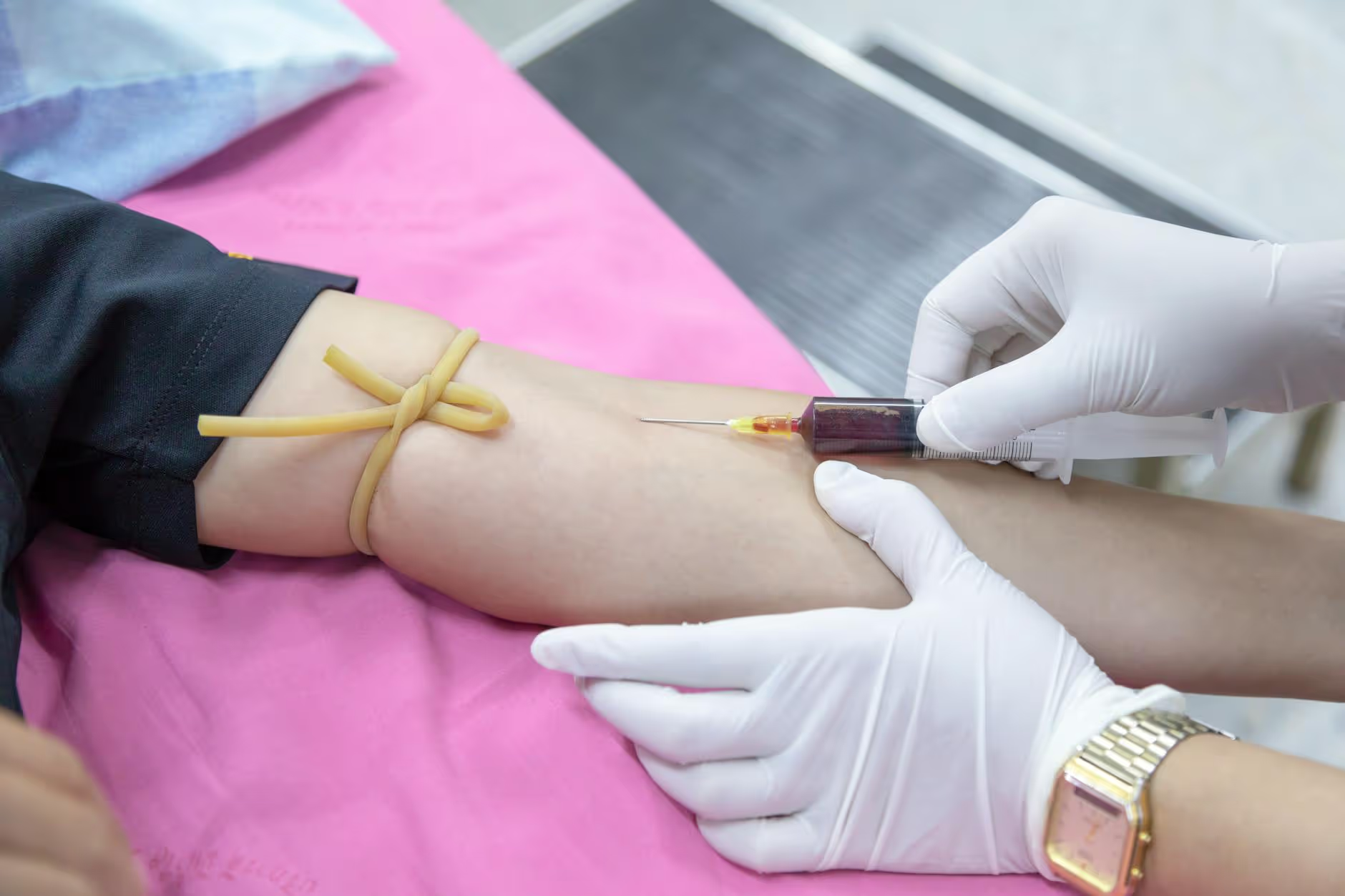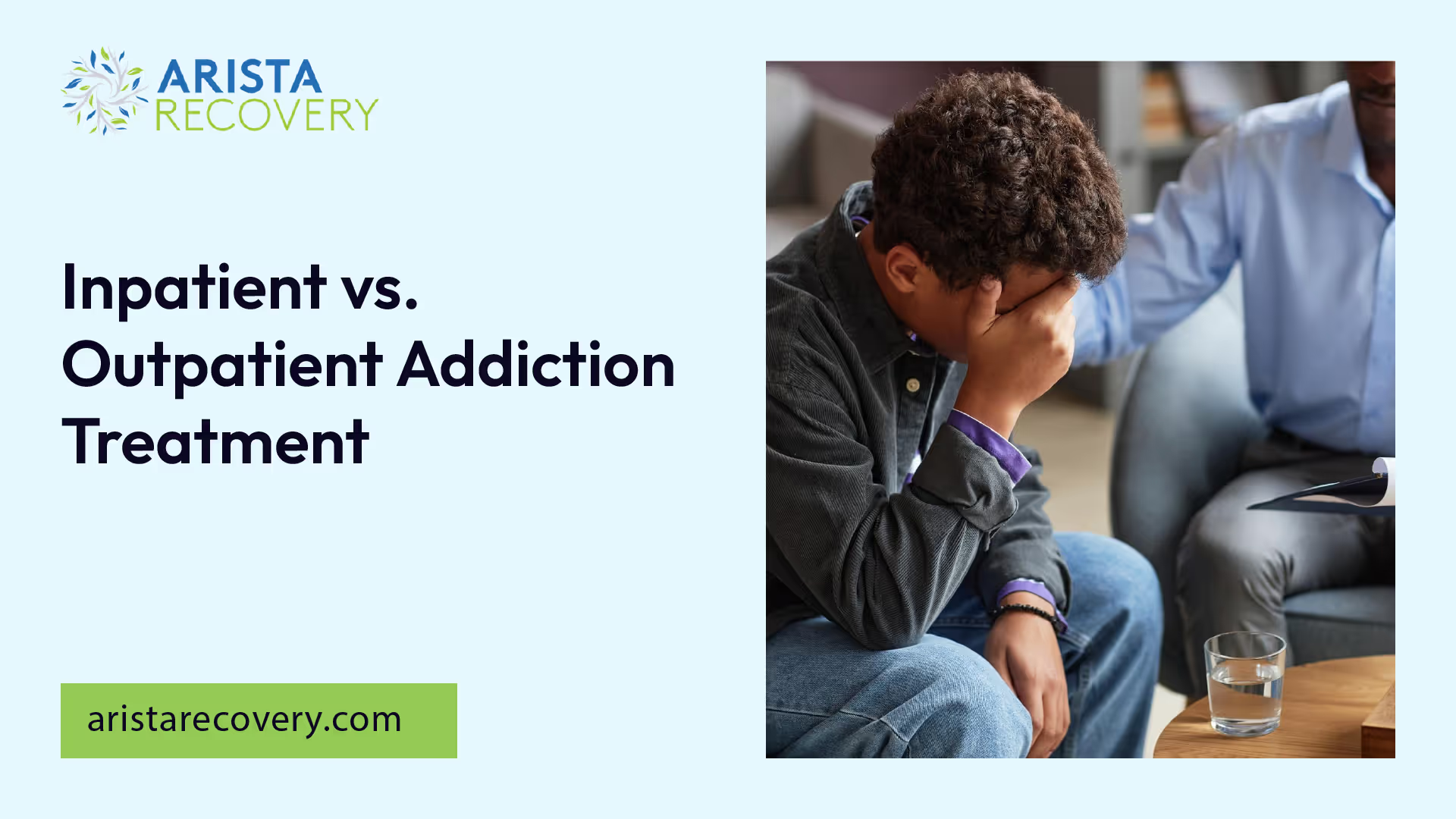Inpatient vs. Outpatient Addiction Treatment

Understanding Addiction Treatment
Types of Treatment Options
Addiction treatment can be classified primarily into two categories: inpatient and outpatient programs. Each type offers distinct approaches that cater to different needs.
Treatment TypeDescriptionInpatient TreatmentInvolves residing at a treatment facility where patients receive 24/7 care. This type is typically for those with severe addictions. (Oxford Treatment Center)Outpatient TreatmentAllows individuals to receive treatment while living at home. This option is more flexible and enables continued family support. (Addiction Center)
In addition to these primary categories, there are also specialized treatment options including detoxification, counseling, and therapy modalities that can be incorporated in either inpatient or outpatient settings.

Factors Influencing Treatment Choice
Several factors influence the decision between inpatient and outpatient addiction treatment. Understanding these elements can help individuals make informed choices.
FactorDescriptionSeverity of AddictionThose with severe addiction issues often find better outcomes in inpatient settings. Studies indicate that patients suited for outpatient care with more serious problems tend to fare better in inpatient environments. (Recovery Centers of America)Support SystemHaving a strong support network may influence the effectiveness of outpatient care, which allows individuals to remain at home with family and friends. (Addiction Center)Financial ConsiderationsHealth insurance coverage can significantly reduce treatment costs and may impact the type of care individuals seek. Many plans cover both inpatient and outpatient services. (Oxford Treatment Center)Personal PreferencePersonal comfort, lifestyle, and treatment goals also play a role in determining which option fits best for an individual seeking help.
These considerations are essential in guiding a person towards the most suitable treatment path for their unique circumstances.
Inpatient Addiction Treatment
Overview of Inpatient Programs
Inpatient addiction treatment involves individuals residing at a treatment facility for a specified period, typically ranging from a few weeks to several months. This type of program provides a structured environment where patients can focus on recovery without the distractions of daily life. Inpatient programs offer various therapeutic modalities, including individual counseling, group therapy, and holistic practices tailored to meet the needs of the individuals.
Benefits of Inpatient Care
Inpatient care offers numerous advantages, particularly for those facing severe addiction or co-occurring mental health disorders. The key benefits include:
BenefitDescription24-Hour Medical SupervisionConstant monitoring of withdrawal symptomsStructured EnvironmentReduced distractions and triggersAccess to Comprehensive ResourcesVarious therapies and support availableHigh Success RatesBetter long-term recovery outcomes in controlled environments
Considerations for Inpatient Treatment
While inpatient treatment can be highly beneficial, individuals must also consider certain factors before making their choice:
Individuals should take the time to weigh these considerations against the potential benefits of inpatient addiction treatment when deciding on the best path for recovery.
Outpatient Addiction Treatment
Outpatient addiction treatment offers a flexible approach for individuals seeking recovery from substance use disorders. This type of program enables patients to attend treatment sessions while living at home, making it a viable option for many.
Overview of Outpatient Programs
Outpatient rehab allows individuals to participate in part-time addiction treatment programs while continuing their normal lives. These programs provide structured therapeutic interventions designed to meet the needs of each participant. Outpatient treatment can vary in intensity and structure, typically including:
Program TypeTreatment HoursFrequencyPartial Hospitalization (PHP)5-6 hours per day5-6 days a weekIntensive Outpatient (IOP)3 hours per day3-5 days a week
Benefits of Outpatient Care
Outpatient care offers several advantages over inpatient settings:
Considerations for Outpatient Treatment
While outpatient treatment has its benefits, there are important factors to keep in mind:
Understanding these aspects will help individuals make informed choices when considering outpatient addiction treatment as part of their recovery journey.
Financial Aspects of Addiction Treatment
Understanding the financial implications of addiction treatment is crucial for individuals seeking help. This section compares the costs of inpatient and outpatient programs and discusses insurance coverage options.
Cost Comparison: Inpatient vs. Outpatient
The average cost of drug rehabilitation per person is approximately $13,475. The costs can vary significantly depending on whether one opts for inpatient or outpatient treatment.
Treatment TypeAverage CostKey Factors Affecting CostInpatient TreatmentGenerally $15,000 - $30,000Lodging, meals, medical care, therapeutic programs (Oxford Treatment Center)Outpatient TreatmentGenerally $5,000 - $15,000Clinical services without facility admission (Drug Abuse Statistics)
Inpatient rehabilitation is typically more expensive due to additional services like lodging and meals. Outpatient rehabilitation is less costly, as individuals receive care while living at home.
Insurance Coverage for Treatment
Insurance plays a significant role in managing the costs of addiction treatment. Many plans offer coverage for both inpatient and outpatient programs, which can substantially reduce out-of-pocket expenses.
Factors that influence the choice between inpatient and outpatient treatment include:
Understanding these financial aspects can help individuals make informed decisions about their treatment path in the journey toward recovery.
Effectiveness of Addiction Treatment
Success Rates of Inpatient vs. Outpatient
Success rates can vary significantly between inpatient and outpatient addiction treatments. Inpatient programs often provide intensive support and a structured environment that can lead to higher success rates, particularly for individuals dealing with severe substance use disorders. In contrast, outpatient programs may offer more flexibility but can result in lower success rates, especially for those with multiple relapses or complex addiction issues.
Treatment TypeSuccess Rate After 2 Years (%)Notable OutcomesInpatient (e.g., MMT)71Sustained reduction in drug use, increased employment stability, reduced criminal behavior.Outpatient (e.g., ONMT)6Higher rates of relapse and less stable recovery outcomes.
Source: NCBI Bookshelf
Factors Impacting Treatment Effectiveness
Several factors can influence the effectiveness of addiction treatment, regardless of whether it is inpatient or outpatient. These include:
Case Studies and Research Findings
Research findings shed light on comparative success rates between treatment modalities. A notable study observed methadone maintenance treatment (MMT) for heroin addiction, indicating that 71% of clients were doing well after two years compared to only 6% of those receiving outpatient non-methadone treatment (ONMT). Over five years, many MMT clients maintained treatment and abstained from heroin, contrasting sharply with the high relapse rates among ONMT clients.
Moreover, findings indicated that higher doses of methadone (60-100 mg/day) significantly impacted treatment success. These dosages improved drug consumption control and client retention rates compared to lower doses (30-50 mg/day) [2].
These insights highlight the potential benefits of intensive inpatient programs for individuals with severe dependency issues while acknowledging the varied effectiveness influenced by individual circumstances and program characteristics.
References
[2]:
[3]:
[4]:
[5]:
[6]:
You’re not alone in this.
When mental health challenges and addiction intersect, it can feel isolating. At Arista, we offer compassionate, evidence-based, and trauma-informed care to help you heal, grow, and move forward.
You’re not alone in this.
When mental health challenges and addiction intersect, it can feel isolating. At Arista, we offer compassionate, evidence-based, and trauma-informed care to help you heal, grow, and move forward.
Support that moves with you.
You’ve taken a brave first step. At Arista Recovery, we’re here to help you continue with best-in-class care designed for long-term healing and support.
.webp)






